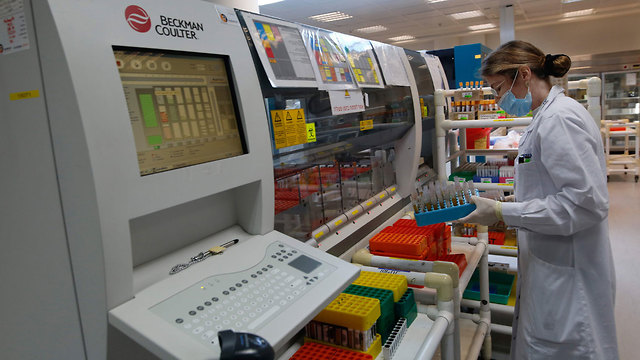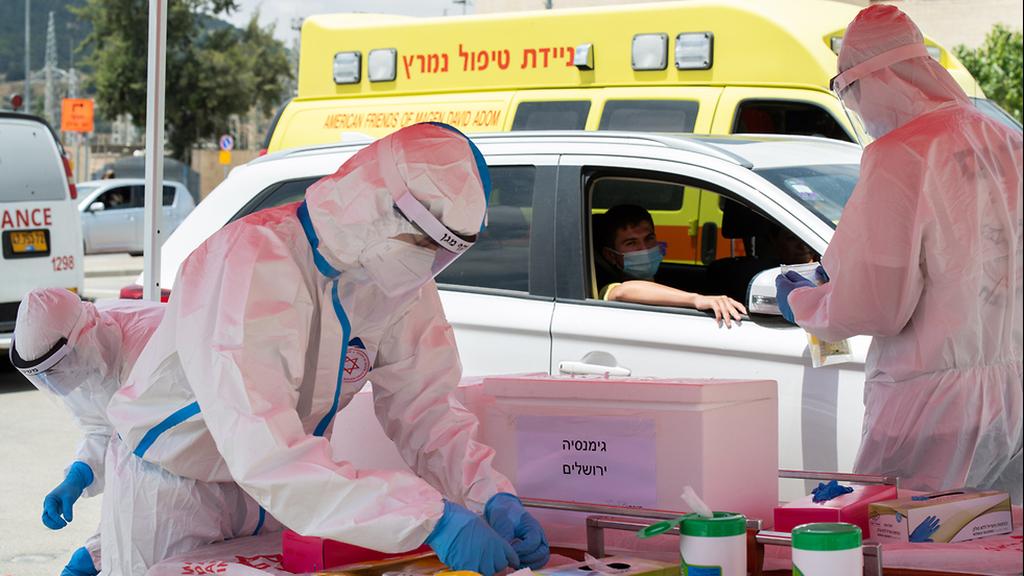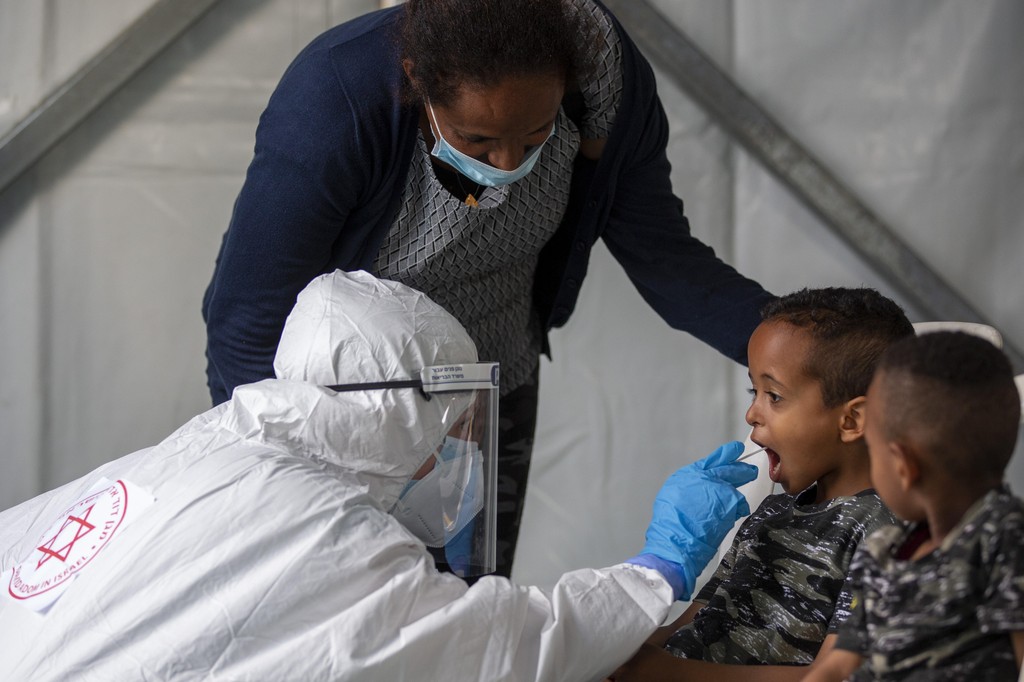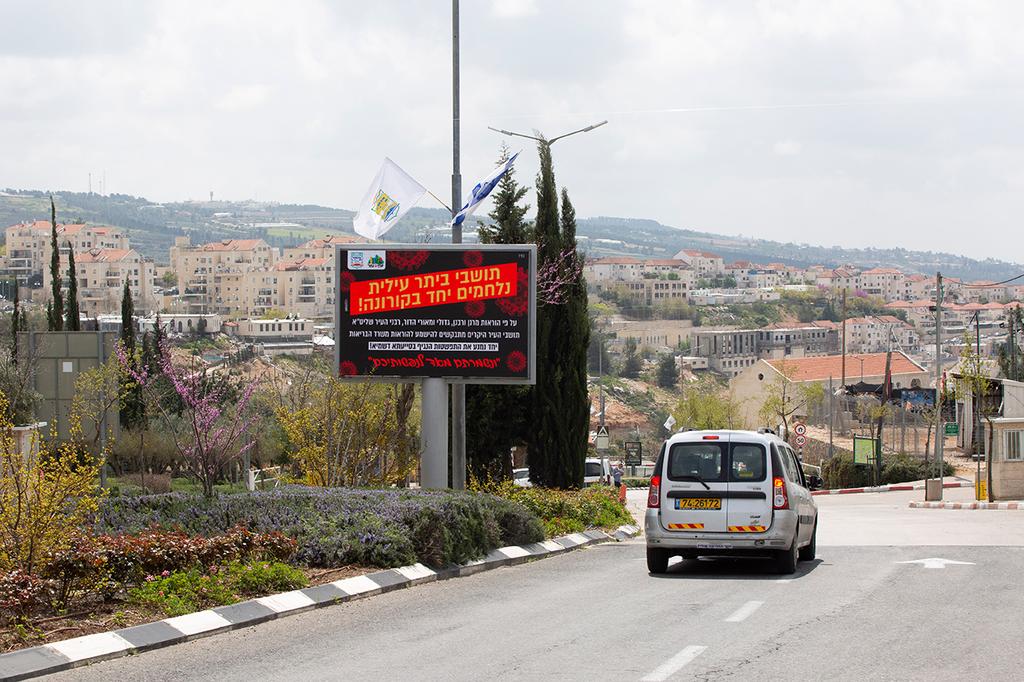Getting your Trinity Audio player ready...
Israel saw 1,319 new coronavirus infections on Tuesday, according to the daily report by the National Coronavirus Information and Knowledge Center.
This is both a new high in daily cases for the country and the third time in one week that the number of new diagnoses has exceeded 1,000.
4 View gallery


A healthcare professional processes coronavirus tests at a lab in Or Yehuda
(Photo: AFP)
The national death toll for the virus also climbed Tuesday to 342 people, after 12 people succumbed to the disease in two days. There are now 83 people in serious condition, a slight downturn from recent days.
According to data provided by the Health Ministry, Israel conducted 25,570 tests on Tuesday, with a positive rate of 5.2%.
Meanwhile, the Health Ministry is expected to tighten the criteria to qualify for coronavirus testing after a massive uptick in cases has led to soaring numbers of people requesting a test.
4 View gallery


Health officials staff a pop-up testing site at the Teddy Stadium in Jerusalem
(Photo: Shalev Shalom)
Healthcare providers have warned the ministry that they cannot cope with the astronomical numbers of tests for the virus, which last week reached a daily record of 24,000 as compared to just 1,000 tests conducted on May 30.
The more significant changes are likely to include reducing the authority of family physicians to refer patients for testing and a significant reduction in tests carried out in schools.
Another option being considered is to forgo tests for patients who may have recovered from the disease already and wait several weeks until all symptoms have completely disappeared.
4 View gallery


A child is tested for coronavirus by a healthcare worker at testing center for migrants in Tel Aviv
(Photo: AP)
Israel is fighting to contain the second wave of the pandemic, which health experts say was triggered by the speedy reopening of the economy several weeks ago.
On Wednesday, the Transportation Ministry said it is restricting the number of passengers permitted on public buses at one time.
Intercity buses will only be allowed to carry 30 passengers, urban buses will be able to hold 32 people and articulated buses (with two joined segments) can take up to 50 passengers. Bus services will also stop at 10 pm every night and air conditioning on vehicles will run alongside open windows.
The West Bank ultra-Orthodox settlement of Beitar Illit was to begin a week-long lockdown on Wednesday after the community witnessed a spike in cases, with 179 new diagnoses in a week and a positive test rate of 16%.
4 View gallery


The settlement of Beitar Illit was due to go into lockdown on Wednesday
(Photo: Amit Shabi)
Other Israeli hot spots for the virus include Kiryat Malachi, Bnei Brak, Modi'in Illit, Ra'anana, Kuseife, Kafr Qara, Jerusalem, Beit Shemesh and Tel Aviv.
There are currently 1 ,871 active cases of the disease in Jerusalem, 1,217 in Tel Aviv and 1,037 in Bnei Brak.

